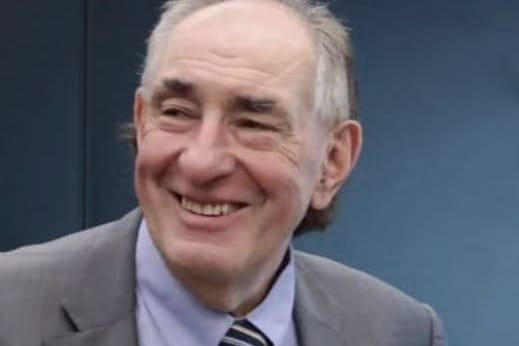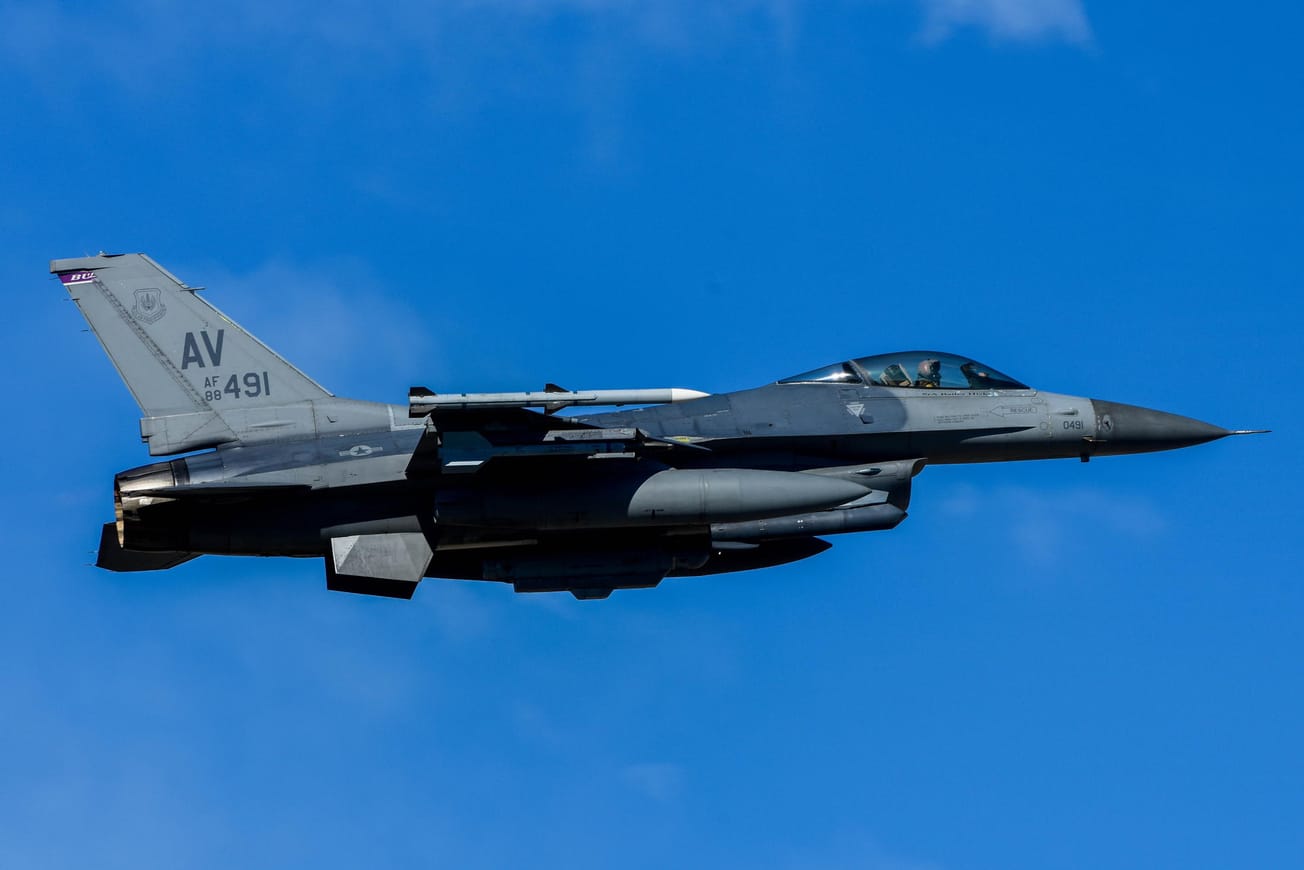Russia’s President Vladimir Putin granted an interview to journalist Pavel Zarubin on Russian TV last night, during which he commented with great irony on his Feb. 8 interview by Tucker Carlson, which, according to Zarubin, has so far accumulated some 1 billion views. The translated transcript of the interview is posted on the Presidential website. Here are some excerpts.
When Zarubin reported that Western leaders had claimed that Putin told Carlson that he had invaded Ukraine because he feared an attack by NATO, Putin countered that it was nonsense. “First of all, it is good that they have been watching and listening to what I say. If we are not able to maintain a direct dialogue today due to certain reasons, we should be grateful to Mr. Carlson for acting as an intermediary. So, it is good that they are watching and listening.
“The fact that they are distorting my words and misrepresenting things is concerning. Why? Because I never said those things. Nowhere in the interview did I say that the start of the special military operation in Ukraine is linked to the threat of a NATO attack on Russia. Where in the interview did I make such a statement? The interview was recorded. They can go back and pinpoint exactly where I said this.” He went on to explain that it was NATO’s expansion which posed the threat, and the refusal of Ukraine to implement the Minsk agreements, stressing, “As I said, we did not initiate this war; rather, we are striving to end it….”
Zarubin asked the President to comment on accusations that Carlson’s questioning had been too soft, Putin replied: “I believe that your Carlson—'your’ as a member of the journalistic community—is a dangerous man, and here is why. To be honest, I thought he would be quite aggressive and ask so-called tough questions.
“I was not just prepared for this, I wanted it, because it would give me the opportunity to respond with equally sharp answers, which would add a certain character to our conversation. But he chose a different tactic. He tried to interrupt me several times, but still, surprisingly for a Western journalist, he remained patient and listened to my lengthy monologues, especially when I spoke about history. He gave me no cause for doing what I was prepared to do. That is why, to tell the truth, I did not fully enjoy that interview. But he acted strictly according to his plan, and he did what he intended. As for how informative it turned out to be in the end, that is not for me to judge. It is for the viewers, listeners, and possibly readers of this material to judge.”
Putin responded to Zarubin’s question about his discussion with Carlson after the interview, but which was not in the taped interview, but what he said to Carlson off camera. Putin told Zarubin: “One of the subjects we discussed when the cameras were turned off was what U.S. Secretary of State, Mr. Blinken, mentioned on several occasions. He said that his relatives, his great-grandfather, fled the Jewish pogroms and left Russia.
“This topic keeps surfacing across the world, in Europe and in the United States. Let me reiterate that it is being used to demonize and discredit Russia and to demonstrate that it is home to barbaric, cruel people and outlaws. However, we can clarify many issues if we try to understand what today’s U.S. Secretary of State actually said and if we look beyond political slogans by focusing on the substance.
“All this information is in our archives. For example, Mr. Blinken’s great-grandfather did leave the Russian Empire. I think that he was born somewhere in the Poltava Province, and then moved to Kiev before emigrating. This raises the following question: Does Mr. Blinken think that Kiev and the surrounding territories are historically Russian land? This is my first point here.
“Second, if he says that his great-grandfather left Russia to escape the Jewish pogroms, this, at least, means, and I would like to stress this point, that in 1904, since this is when Mr. Blinken’s great-grandfather left Kiev for the United States, Ukraine did not exist—this is what he seems to believe. This way, Mr. Blinken seems to share our views. That said, he should have refrained from saying so in public. This could undermine his cause.”






